Building businesses shouldn’t mean breaking yourself
Entrepreneurs are often celebrated for their resilience, relentless work ethic, and ability to thrive under pressure. But behind the pitch decks and growth charts, many founders and executives are quietly battling something far more personal: stress, anxiety, depression, and isolation. The same qualities that drive success can also leave individuals vulnerable to burnout and emotional fatigue. The problem isn’t that entrepreneurs aren’t strong enough. It’s that we rarely give them permission to acknowledge the toll this lifestyle takes or the space to care for themselves with the same intention they give their businesses.
The numbers that should make us pay attention
According to research by Dr. Michael Freeman, 49 percent of entrepreneurs report experiencing a mental health condition. When you include their immediate family members, that number rises to approximately 72 percent¹. These aren’t isolated cases. This is a widespread and largely unspoken issue, particularly because mental health challenges often carry stigma in high-performing spaces. Many entrepreneurs internalize the idea that asking for help is weakness, especially when external success makes it appear as though everything is fine. But mental health concerns do not discriminate based on performance, income, or intelligence. The truth is, many high-achievers are suffering in silence, managing stress symptoms that not only affect their well-being but also impact their leadership, decision-making, and relationships.
The cost of success without support
It’s easy to assume that hitting financial goals or exiting a business brings lasting satisfaction, but many entrepreneurs describe a surprising emotional void in those moments. When someone has tied their identity to being needed, solving problems, and constantly moving forward, stepping away can feel disorienting. What happens when the emails stop and no one is asking for your input? For some, this shift can trigger a deep sense of loss or disconnection. Without support, those feelings can manifest as depression, irritability, or even physical symptoms. Preparing for what comes next emotionally is just as important as planning the business side of an exit. Yet, few founders are encouraged to invest in their inner world, even as they plan for their external legacy.
Mental health as a high-performance strategy
Therapy is not just for people in crisis. In fact, it’s most effective when used proactively, much like physical training or financial advising. Entrepreneurs who integrate mental health care into their lifestyle, whether through weekly sessions, EMDR intensives, or therapy retreats, often report greater clarity, reduced stress, and improved communication at work and home. Supporting mental health doesn’t mean you are weak. It means you are committed to showing up fully for your vision, your team, and yourself.
At Born Counseling, we help leaders navigate the personal challenges that come with professional success, offering tailored strategies that support mental agility, self-awareness, and sustainable growth.
Endnotes
- Freeman, M. A., Staudenmaier, P. J., Zisser, M. R., & Andresen, L. A. (2019). The prevalence and co-occurrence of psychiatric conditions among entrepreneurs and their families. Small Business Economics, 53(2), 323–342.


